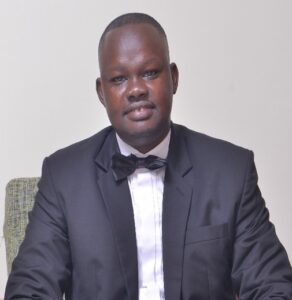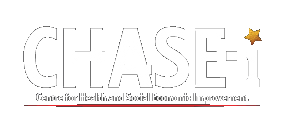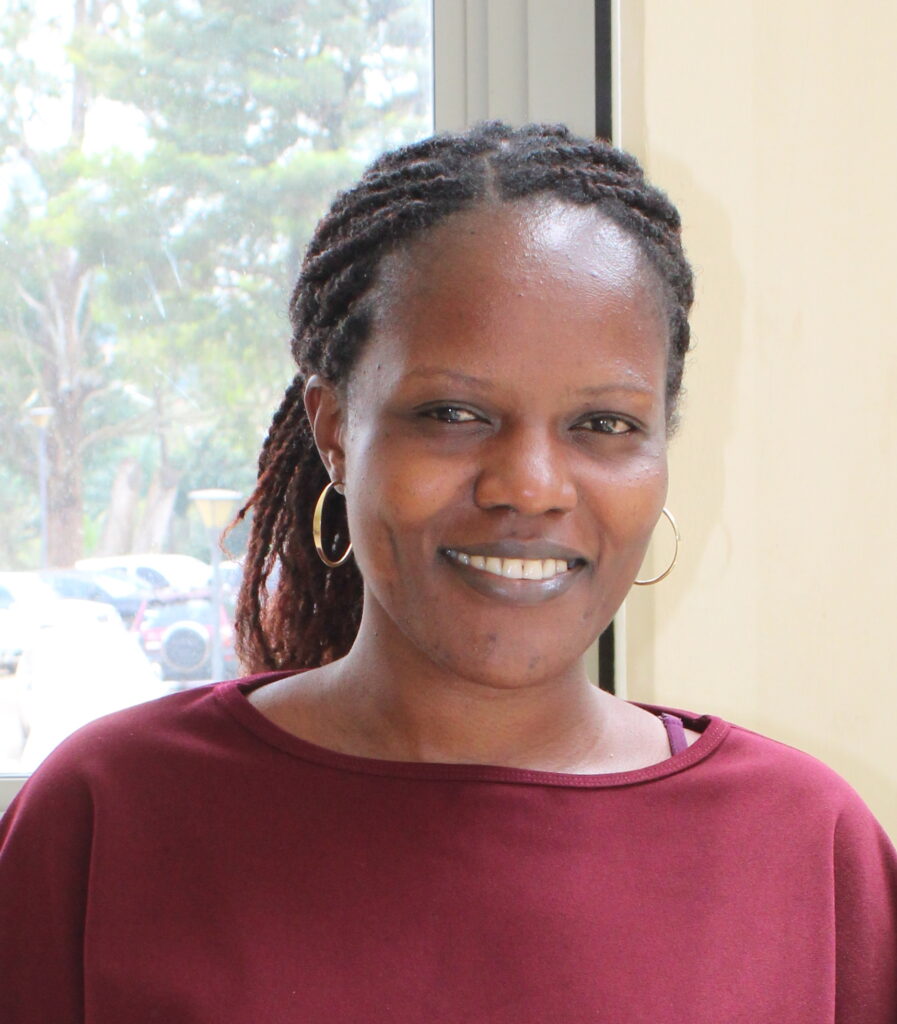Dealing with Children in the face of COVID
A Parent’s Perspective.

Francis Abura
- January 27, 2021
One afternoon I got a circular and call from the Headteacher of my children’s school, telling me that the children will have to stay home following an announcement – by the President, Minister of Health and Minister of Education- to send the children back home as a measure to curb COVID-19.
Now, at that time it looked like a small, simple thing. I thought to myself “it’s more like a two-week holiday and the kids will be back to school”. I am like “that’s not bad, after all I will get some time to spend with my kids”. But later on reality sunk in that it would be for a month, then later two months then the lockdown came in, then one term then two terms and a full year went by!
Questions started lingering in our minds: “ What do we do? How do we occupy these little guys? How do they sit exams? Will they have a dead year, how do they read? How do we guide them? How do they manage their time? How do we feed them? How do we ensure they follow the Standard Operating Procedures?” All these questions kept lingering in our minds, on top of our own work-related anxieties. Everything was uncertain, we were not sure of our jobs or even how the disease would infect and affect us. Already in Italy and the US, people were dying in hundreds every day. These were really unprecedented times. Then places where we would get spiritual nourishment or encouragement (the churches) too were closed. Weddings parties – no more. Places we would go and dance the week’s stress off, those too were closed. Places we would go and “steam off” were also closed; that’s how difficult and unprecedented the COVID times were – especially at the onset, around March, April 2020.
So what did we do?
The school our children go to introduced Zoom classes – quite challenging at the beginning. We had to spend some time home in the mornings to guide the kids set up the equipment (Laptop, tablet or phone and modem) and ensure that it’s up and running. This took a little while till they were able to set up and learn on their own. These Zoom classes brought about some sort of normalcy – some order and structure – and this kept the kids really engaged and occupied. Although after the Zoom classes were completed, following up with the kids to ensure they have done the assignments was not easy. Some would do assignments for only one subject, let’s say science, and leave out the rest. This made us to come up with some sort of time table, what time to play, what time to be in class, what time to watch TV. (Actually TV would not be switched on before lunch and before everyone had finished their homework).
- Basketball classes: we introduced this too for the kids to keep playing and learning basketball as a measure of staying fit but also occupy them and keep them engaged.
- In addition, we Introduced them to gardening work: planting and caring for flowers, sweet potatoes and others. This brought in a sense of responsibility and belonging for the kids.
- We talked to fellow parents: A friend and neighbor of mine shared her experience of when COVID-19 first came into Uganda, and the kids were sent home. Their major worry was the too much time the kids had on their hands. How do we schedule time for them? They also had a worry or fear that, when kids are at home, the maids go away because of work overload. Food consumption at home is high because of kids. She also shared their experience of how it was easy for the kids to follow the guidelines, until they got COVID had to isolate the kids. The kids could not manage staying away from them for more than two days, on the third day the kids were like “we need hugs we can’t stay without hugs”, so they kept hugging the kids while the entire household was on “COVID medication”
The Challenges: We stay in estates or homesteads that do not have recreational places for kids to go and play; so for most of the time, they had to be enclosed in houses and fences with no space to play, and yet kids need space to play for their overall development. Another place of spiritual nourishment and encouragement were the churches. Even after the churches were allowed to open, children were not being allowed in. I feel the kids have missed a lot. I think children missed that opportunity to bond with the other children. To play a lot and grow. I feel some children ended spending a lot of time on TV and cartoons. Also, many of them didn’t have masks and somehow the mask distribution, where it happened, didn’t have a specific package or size for kids. The kids tried to follow the guidelines especially in sanitizing and washing hands, but face masks was a problem, most masks made were made for adults without kids in mind.
The Opportunities: This period, tough and dark as it seemed, actually provided a very good opportunity for me as a parent to teach kids extracurricular activities like gardening, playing, learning more skills. I was more available and hands-on in the learning of the children, making sure they have understood and also done their homework.
Lessons Learnt: I felt that kids had a better immunity to COVID 19 compared to adults. That children need time to play. And developed a whole new level of respect for teachers who teach our children – to those we need to give credit and utmost support as they are such unsung heroes!
About the Author
Francis’ work is in pharmacy and public health. He is also a devoted family man and community leader. Francis can be reached at francisabura@gmail.com


